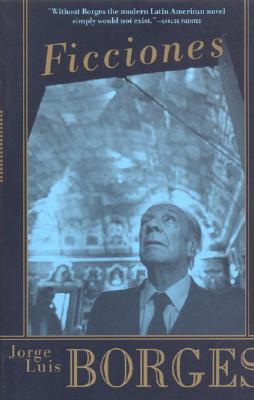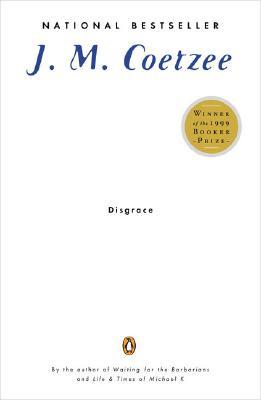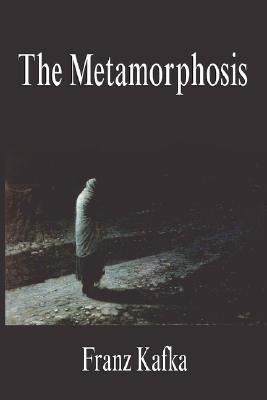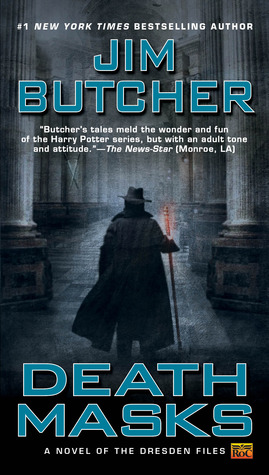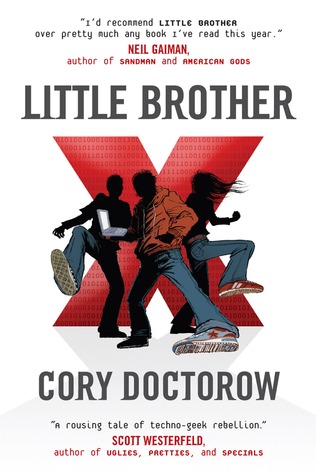
Marcus aka “w1n5t0n,” is only seventeen years old, but he already knows how the system works – and how to work the system. Smart, fast, and wise to the ways of the networked world, he has no trouble outwitting his high school’s intrusive but clumsy surveillance systems.
But his whole world changes when he and his friends find themselves caught in the aftermath of a major terrorist attack on San Francisco. In the wrong place at the wrong time, Marcus and his crew are apprehended by the Department of Homeland Security and whisked away to a secret prison where they’re mercilessly interrogated for days.
When the DHS finally releases them, his injured best friend Darryl does not come out. The city has become a police state where every citizen is treated like a potential terrorist. He knows that no one will believe his story, which leaves him only one option: "M1k3y" will expose the DHS himself.
We all know someone who insists on paying for everything in cash, or who won't bank online, or who is absolutely convinced that big brother is out to get them and everybody else, or at least that big brother is watching. We listen to them and think to ourselves "That's just crazy talk. Can you say Paranoia?". But what if they're right? What if those security cameras are more than just ordinary anti-theft precautions? What if our spending histories are tracked by some entity other than our banks? What if all the electronic devices we've come to rely on so much can be and are monitored to establish our movement patterns and what not? It's not really paranoia if what you're concerned about is really going on. Cory Doctorow examines a world like that, a world where everything is bugged. School books have chips in them, gait recognition cameras are everywhere, credit cards and public transit passes are used to track movement of their holders, and all this feeds into whatever agency is in charge, be that the school board or the Department of Homeland Security. After a terrorist attack the system is thrown into overdrive and Marcus is one of the first victims of the indiscriminate checks performed by the overzealous officials, who seem to be looking for someone, anyone to pin the crime on. At only 17 he's scared but he's not backing down, instead he's fighting the system with its own weapons.
My favorite thing about Marcus is that he is a realistic character in that he is not some superhero devoid of fear, and when he is afraid he is not too proud to admit it. At the end of the day he is just a kid against adults who have all the power, he fights when he can and with the tools he has but he isn't reckless about it because he knows that more than just his freedom is on the line. And when things go as far as they can with the status quo unchanged he recognizes that it's time to take the fight to the next level, time to hand it off to those with more resources and more influence. He is also a 17 year old with a life outside of the fight. He has a girlfriend, he is at odds with his dad, he reads books and does school work, he plays video games and mouths off to his teacher.
Marcus' father is a character who represents the "I'm not doing anything wrong so I don't see what the big deal is, let them check and monitor and catch the bad guys" side of the argument, and I'm glad that Doctorow wrote him this way. I'm also glad that this wasn't his position from the very beginning of the book, it showed that people can and will change their minds under certain circumstances. It also showed that such changes of heart are not seamless or painless.
Marcus' friends and acquaintances cover the remainder of the spectrum, from spirited support of his actions to adamant disapproval. There are also those who are spies out of necessity, recruited by the DHS to infiltrate the underground network. The tensions resulting from these interactions provided the difficulties that made the story more believable, after all life's not all black and white, the gray often dominates the playing field and that's just how it is.
Overall I loved this novel, but what made it a little less enjoyable for me is all the technical talk. Marcus often walks the reader through what the different bugs and gadgets are, how they work, how they can be deactivated or circumvented, and since I'm the kind of person who loves her gadgets but doesn't particularly itch to find out how the software and hardware work it went over my head on occasion. Besides, I figured it was all author's imagination steeped in today's technological reality. But then at the end of the book one of the afterwords is by a security technologist, whose job is basically to figure out how electronic systems can be broken and how to make them more secure, and the other is by a professional hacker. Imagine my surprise and general feeling of unease when these real-life guys started talking about how Doctorow's "inventions" either do exist or aren't that far-fetched. There is also a bibliography with an extensive list of eye-opening titles. I admit, after reading these sections I started to wonder whether I should move my family to a cash-only basis for daily transactions to protect us from the possibility of both big and little brother infiltration (let's face it, if the government has no interest in us there's probably a marcus hacking away within a 2-mile radius from our house). In the end laziness won over that sentiment, but the seed has been sown.
This is a very well-rounded novel that is fast-paced and written in a voice that is casual without being too adult or too adolescent. It poses interesting questions and explores a variety of standpoints that are just as relevant today as they were when the book was published, if not more so. I recommend it without reservation, especially if you are the kind of reader who loves their gadgets, wants to know how they work inside, and wants their privacy to remain their own, regardless of whether there's anything to hide besides grandma's secret pie recipe.
P.S. Those with ereaders, heads up: Doctorow makes the novel available
on his website free of charge in a variety of formats under the Creative Common License. Yes, he is that cool.
 Harry Dresden, Chicago's only professional wizard, takes on a case as a favor to his friend Thomas - a vampire of dubious integrity - only to become the prime suspect in a series of ghastly murders.
Harry Dresden, Chicago's only professional wizard, takes on a case as a favor to his friend Thomas - a vampire of dubious integrity - only to become the prime suspect in a series of ghastly murders. 



